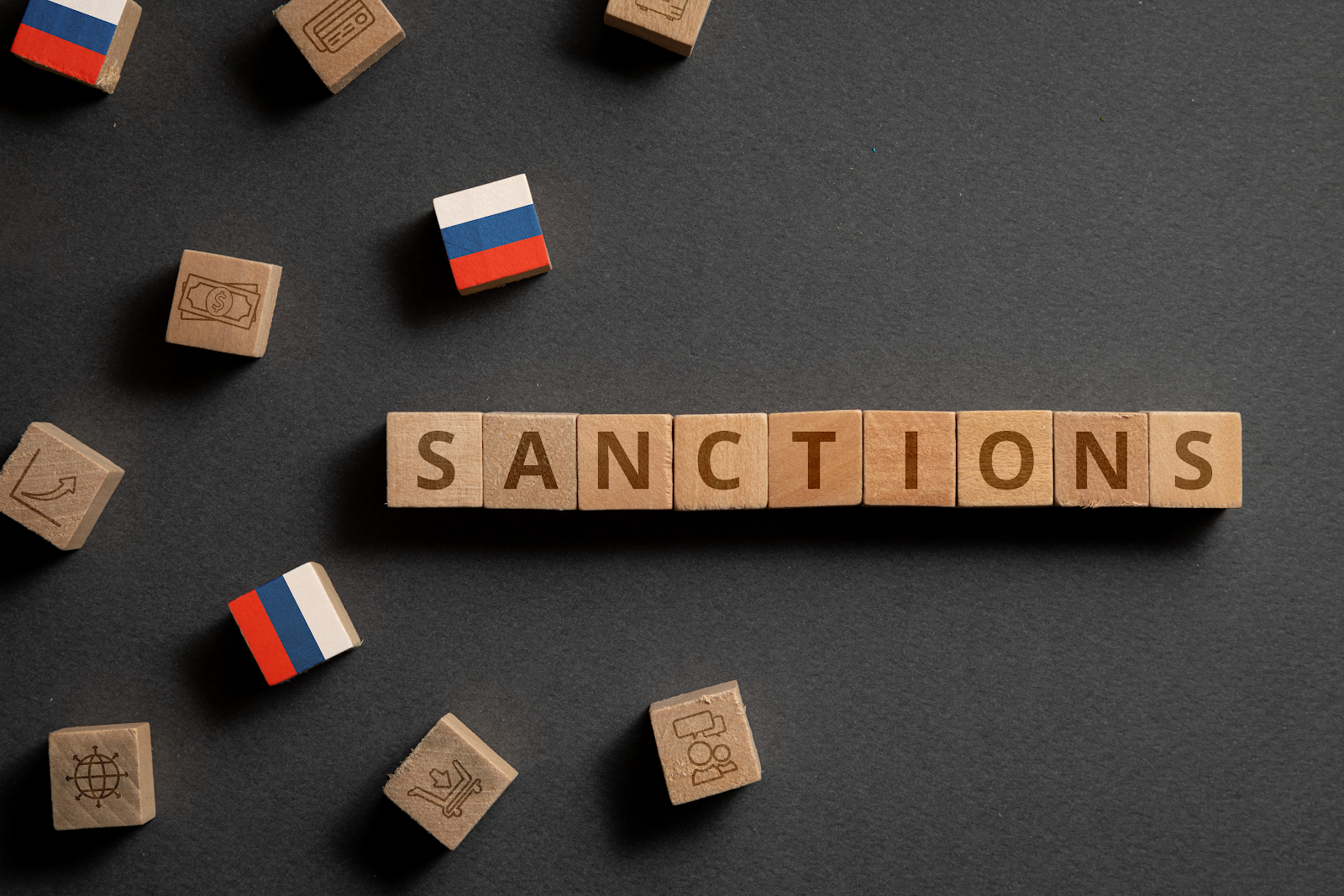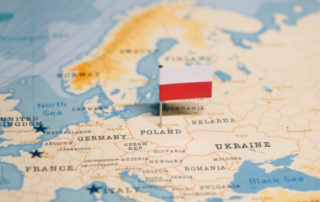
Since Russia's invasion of Ukraine in early 2022, it has been faced with an unprecedented number of sanctions--over 10,000--as the United States, the European Union, and other Western countries have sought to undercut Russian wartime revenue and hinder its ability to fund its military efforts.
Although many expert reports suggest that the sanctions have had an impact--especially in the oil sector--in the year since the war in Ukraine began, intelligence suggests that Russia and its allies have successfully evaded many other sanctions using a variety of tactics. However strict this new wave of punitive measures may be, Russia is no stranger to sanctions, having been hit with several of them after forcibly annexing Crimea in 2014. This extended experience with sanctions has provided the Russian state, as well as businesses and oligarchs, with sufficient opportunity to practice circumventing even the most stringent of restrictions laid against them.
Russia's will and commitment to sanctions evasion pose a unique risk for American and other Western businesses looking to work with new international companies, as malign actors increasingly crop up as potential business partners.
In order to effectively prevent unwitting engagement with companies and partners who may be involved in evading sanctions against Russian, American and Western businesses must not only understand the basics of the sanctions regulations laid out against Russia, but also be aware of the typical methods used by Russian entities to sidestep restrictions.
To date, the United States and the European Union have sanctioned nearly 2000 individuals and entities for their involvement in the unjust conflict in Ukraine. The sanctions typically fall into two main categories: travel bans and asset freezes. Individuals can be subjected to both categories, whereas entities can only have their assets frozen. In addition, there are sanctions covering the trade in commodities, investment in Russia, and providing certain professional services that facilitate commerce.
Sanctions imposed by the European Union in tandem with the G7 countries have frozen over 300 billion dollars in Russian assets. In addition to the sanctions on individuals and entities, sanctions have also been imposed upon trade with Russia and Russian entities. In principle, this limits the goods and services that Russia can import and export. These sanctions include restrictions upon oil, technology, banking, dual-use goods (goods that have both civilian and military use), luxury items, navigation equipment, energy-related goods and services, space and aviation technology, certain types of heavy machinery, and more.
According to the European Commission Fact Sheet on sanctions against Russia, the EU alone has currently sanctioned 43.9 billion euros in Russian exports and 91.2 billion euros in Russian imports, which equates to 49 percent and 58 percent of all Russian exports and imports, respectively. Importantly, these sanctions apply not only to goods but also to any relevant services that may be imported or exported to Russia. These sanctions, as well as similar sanctions put in place by the United States and G7 countries, are implemented, enforced, and monitored jointly by the Russian Elites, Proxies, and Oligarchs (REPO) Task Force, which multilaterally exerts pressure on sanctioned Russian entities and activities.
Of these sanctions, perhaps the most discussed recently is the measure against Russia's oil trade. Long reliant upon Russian oil and energy, the EU--supported by its allies-- somewhat hesitantly imposed restrictions on importing Russian oil. Before the sanction was applied, nearly half of all oil in the EU came from Russia. On the flip side, nearly 75 billion euros in Russian oil profits were frozen by this measure, dealing an effective blow to the Russian economy- especially in conjunction with the other sanctions imposed upon Russia. Currently the oil ban covers 90 percent of oil imports from Russia to the EU in addition to 100 percent of coal imports.
Furthermore, sanctions created with the G7 have capped Russian seaborne oil prices at 60 US dollars and pipeline prices at 100 US dollars per barrel. The sanctions upon the Russian oil industry have sparked a notable uptick in what was formerly a rarely used evasion tactic: ship-to-ship oil transfers that involve mixing Russian oil with oil from non-sanctioned countries to continue exporting oil undetected. Beyond these oil restriction evasion tactics, Russia and Russian entities have also been known to do business through shell corporations, obfuscate ownership, launder funds through real estate, hire third party foreign nationals to conduct business, use false trade information to import goods, restructure and liquidate businesses, and use transshipment points, according to the REPO Task Force and the Department of Commerce, Department of the Treasury, and Department of Justice
Russia will go to lengths to circumvent the many sanctions waged against it, a commitment that extends into many business ventures and parts of the world. Accordingly, US and Western businesses must be vigilant in performing due diligence on potential new business partners to ensure compliance with the existing sanctions regulations. The risks are currently more significant in the supply chain space than they have been historically, so it is important to know who you are actually doing business with.
There are several red flags businesses can watch out for when vetting new partnerships with international companies. In their tri-seal compliance note, the U.S. Department of Commerce, the U.S. Department of the Treasury, and the U.S. Department of Justice list thirteen ways an intermediary corporation may be involved in sanctions evasion. Most notable for US and Western business are:
It is important to vet your current supply chain for sanctions risk. There are severe penalties for violating the sanctions regulations established in the US and Europe. As mentioned above Russian sanctions evasion is an increasing risk to US and Western companies. It is essential to understand your risk level to establish a robust risk mitigation plan.
Infortal Worldwide offers a full suite of due diligence investigation services that can place your company in a much stronger position to move forward confidently. This includes vetting any potential business partners or suppliers for a wide range of business risks, including reputational and regulatory concerns. Our due diligence processes cover screening for sanctions risks.
Infortal Worldwide can help protect your company from unnecessary risk and avoid reputational damage in the marketplace.



